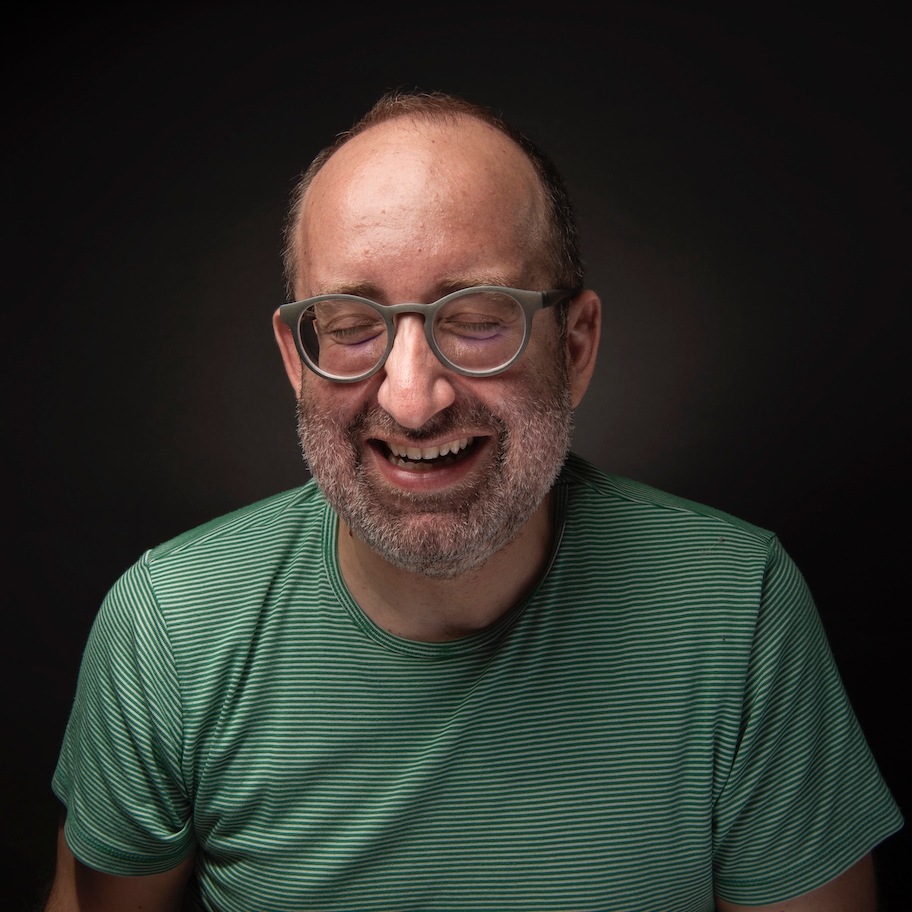Fivos Botsis

Get to know Fivos Botsis
M.A. Arts Politics Class of 2019
How do you currently describe your practice?
FB: Although I have explored many forms of the art of storytelling, from short stories and screenwriting to ghost-writing for politicians, I identify mainly as a playwright. I truly believe that the most compelling way to tell a story is on stage. Theatre is, at once, a real and a poetic space.
What led you to the M.A. in Arts Politics?
FB: As Dean Sheril Antonio would say, it takes a lot of courage to learn, but it takes even more to unlearn. In my late thirties, I felt an urgent need to unlearn a lot of things –to challenge my inner-thought patterns, my preconceived ideas, the sense of my own self. That’s what brought me to NYC, NYU and APP [Art & Public Policy]. Looking back, it was the right thing to do.
Do you have a memory that stands out from your time in the M.A. in Arts Politics?
FB: I recall being loved, appreciated, empowered, celebrated for who I am. And always encouraged to empathize. This is priceless. And it never leaves you.
What was most impactful to you during your time in the M.A. in Arts Politics?
FB: My relationship with the other members of my cohort – the «APP fam» as we now call each other. So much talent, so much depth, so much support from everyone to everyone. When all that kicks in, the whole experience becomes transformative. I would also like to mention the names of two wonderful human beings: Reva and Micheal. They know why.
What was most challenging during your time in the M.A. in Arts Politics?
FB: I guess Hentyle Yapp’s class. I clearly remember that after his first lecture I was totally lost –I had no idea what he was talking about (as soon as I got home that night I had to look up the term «performativity»). A lot of reading and research was needed for Hentyle’s assignments and I’m indebted to him for that.
What advice would you give to current students?
FB: So, the other day I came across this amazing quote by Arthur C. Clarke: «How inappropriate to call this planet Earth, when clearly it is Ocean». I would advise current students to not be afraid to leave Earth behind for a while and embark full-heartedly on this hard yet rewarding journey in the Ocean. They will cherish both the stewardship of their mentors and the companionship of the other members of the crew.
What would you want prospective M.A. Arts Politics students to know about the program?
FB: It’s one of the most nurturing educational experiences they will ever have. They will be reminded of what it means to work collaboratively with a bunch of super talented and creative people from all over the world, every single day, for a whole year.
What were your favorite classes as an Arts Politics student?
FB: I experienced a lot of revelatory moments thanks to Pato Hebert’s class. I simply adore him and his holistic approach. Same goes for Sheril Antonio’s class (I was blessed to have her as my supervisor as well) and, of course, Kathy Engel’s radiant presence.
What are you working on now?
FB: I just finished the translation of Emmanuel Bove’s «Armand», which is going to be published shortly with Kastaniotis Editions, one of the leading publishing houses in Greece. Bove is a French writer with a very distinctive style, and one of Beckett’s major influences. I have also started to draft a new novel and a new play. My last play, «Rot», which I completed after graduating from APP, is competing for the Greek National Playwriting Award.
Have you collaborated with any Arts Politics alumni since graduating?
FB: Unfortunately, the Covid-19 pandemic has made cross-border collaborations hard. But I’m sure we’ll get there soon. Collaborating with any APP alum would be a delight.
What qualities do you think characterize Arts Politics students?
FB: They’re people who value a lot the ideas and notions of community, change, innovation and creativity.
Since graduating, how has Arts Politics unfolded or shifted how you approach your work?
FB: It has made me hear my own voice more distinctly. Also, my notion of achievement has changed. The way I see it now, it has to do more with trusting your own insides than seeking for validation by others. This informs greatly my work.
Read Fivos' Alumni Profile